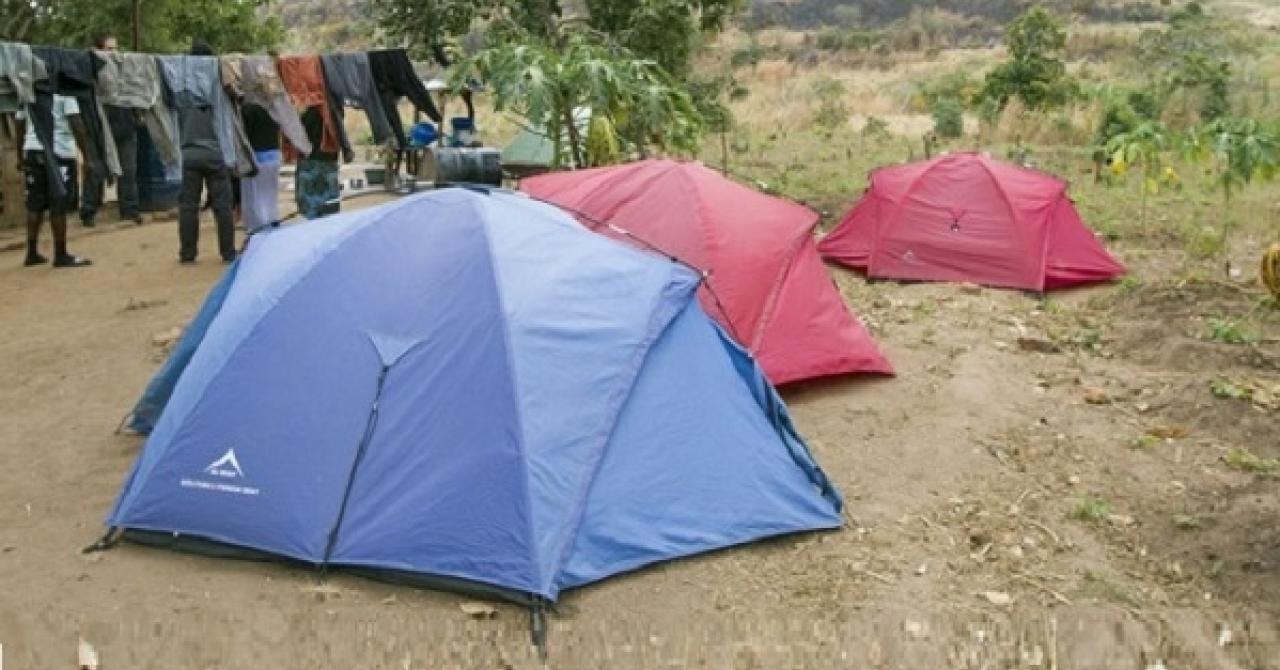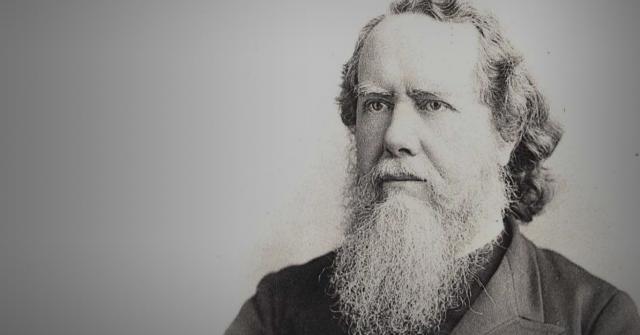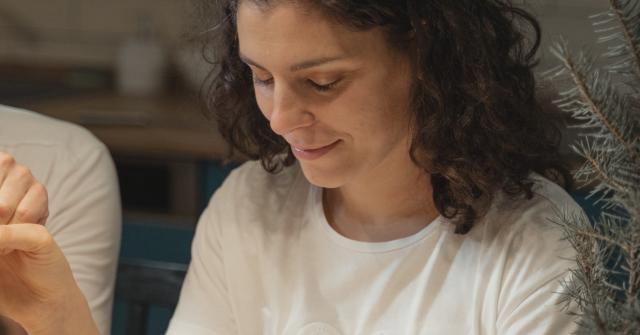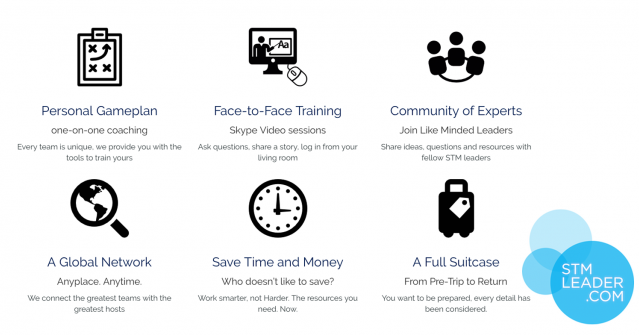
We are not a Travel Agency
At Mission Central we like to share observations from mission workers on what they’ve learned during their time serving others.
Short term outreaches have become very popular in the church nowadays. A 2010 research suggests that the number of people from the USA travelling on international short-term mission trips each year has likely risen to 2 - 3 million. It’s an exciting experience for many participants as it may be their first time in a different culture and seeing God’s plan for the ends of the earth. However, to many host ministries, short-term outreaches can be a blessing or a curse.
Don’t get me wrong. I totally support short-term outreaches as good exposure. As an OMer, this is in my DNA. I came back to the mission field where I serve now because I was so touched when I came here on a short-term outreach.
Now I have been in the field for a year with many opportunities to host short-term outreaches. I have to be honest that there are times when I felt as if I was organising a trip for tourists.
There is so much behind the scenes work and preparation involved in a short-term outreach. There are so many cultural barriers that I am not able to explain to people who come for two weeks. Along with the tendency for people wanting to see results right away, this might damage the local ministry as they try to build long-term.
Imagine a group of Christians send you an email that they want to come and visit for a week. The message sounds something like this:
We are so excited about this short-term outreach and how God is going to do great things! This is our first time to travel to this part of the world. We would like to help with whatever is needed – manual work, teaching, evangelism, etc. We all know that language is important so we will need a few translators for the whole time to make sure the message is effective. We can’t wait to taste the local delicacies, but to make sure no one has stomach problems, we still need to have some familiar food.
We all sacrificed a lot to come for this trip so we want to utilise the time and money well. We would like to have a programme with a fruitful ministry and not be too tiring at the same time. We will probably need a private vehicle so we don’t have to wait. Also, it would be great to have a little sight-seeing to bring beautiful memories home. Thank you so much and we are looking forward to experiencing the culture and partnering with you in God’s kingdom.
Now you’ve got this super passionate email that you can already foresee how much work it might add to your already busy schedule. You will need to coordinate with all the ministries to see how they can accommodate them, especially by finding enough translators. You will also need drivers who can take them around (Oh, you might also need to find a bus. Sending them out in a local truck with no insurance is not a good idea.).
The outreach schedule is so busy that the local team might need to take turns cooking for the group and making sure there is a good balance of local and international foods. This will also mean that as team members guide the outreach, the usual work will have to take a break. You send the orientation sheets with a packing list and hope that they will read it through.

However, just in case, you prepare to step in to provide materials or help when they don’t understand and accidentally behave culturally inappropriately. You will also need to brief the local disciples to make sure they will not be offended or get false hope from the foreigners. Also, there are always some surprises might happen, so just be prepared.
I don’t know if you can sense how intense this is. I know ministries and places are different, but I also know it’s not easy to take on an outreach team. If the outreach team has a great attitude to learn and support the ministry, it will be a great encouragement for the local team. However, a team who holds on to their own perspectives on culture and ministry might end up breaking relationships the local team already built.
Here I would like to share some tips that help me feel less like a tour guide and more like I’m helping facilitate an exposure trip for the Kingdom.
It’s ok to say no
Most of us are from the Global South are hospitable and don’t want to offend people, but when the time an outreach team wants to come is not a good season (for example, holidays or a super busy time), politely tell them better dates or decline the trip. If you try to accommodate them at the wrong time, it’s like taking an energy drink when you want to sleep — it will take days to recover from the mistake.
Do orientation with stories
It’s impossible to understand a culture in two weeks, but some real-life examples—especially of mistakes from the past—will really bring home the message for people to be careful of cultural taboos. The goal of orientation is not for people to master the culture but to have a humble learning attitude so they will always inquire when they are unsure. It also helps to send some photos before they arrive.
Do not assume
Many times we are so used to the local culture that we are blind to things that should be explained. Do not assume everything will go right and people will remember everything from the orientation. Be available and approachable at all times for people to ask questions. Always double check to see if there is any miscommunication between the local and the outreach team (Like regarding the concept of "time"). For evangelism, it is good to prepare together in case of cultural barriers. For example, you don’t use "snow" in a metaphor when in a tropical country.
Beware of giving and promising
We all love to see that an outreach team blessed a community. However, directly giving things out might grow dependency syndrome. Foreigners might be moved by what they see to promise material things without knowing the real needs in the community. Make sure to make your stance on giving clear during orientation and talk about giving in the final debrief to help plan how to benefit the local community in the long run.
Don’t treat them as tourists who paid for a comfy trip
Many times we roll our eyes towards outreach teams with tourist attitudes, but we as hosts might be the ones creating the comfort zone. We should not look at them as potential donors. We are not there to please them. We should not downplay ourselves to earn pity, neither show how great the ministry is to impress. Both sides are there to please God and encourage each other. People can live without chocolate and real milk. Buy local ingredients for food. If there is only cold bath water, don’t heat water for everybody with temperature requests. We also need to brief the local team members and disciples to not overly treat the team and also make sure they don’t see the outreach team as having the answers for their personal problems.
Money is not the answer

One of the big assumptions during outreaches is that money can fix everything. We all know we need to be flexible in the mission field but with a short-term outreach team, we tend to panic more and want to find a quick fix when things do not go according to plan.
I remember when the car we rented for an outreach broke down. While we were busy trying to call all the people we knew with a bus, one of the outreach team members told me “Money is not a problem. We can pay more for the car.”
“Money is really not the problem,” I thought in my mind. “Even if we pay a million dollars, we might still not be able to find a bus in the area that could fit all the people.”
This issue will also come up when people see needs in the field without knowing the long-term plan. They might want to give money towards something which the local team already knows is not going to work. Be patient and explain to the outreach team about the situation and how they best can help.
Photos, photos, and more photos
We understand people want to take photos to share with people back home. However, ten people taking turns to photograph a sick baby is not the best way. We are not in a zoo. Some ministries might also be very sensitive about photos. It’s better to have one person in charge of taking photos—with permission from the subject—and have the photos and videos available for the team at the end of the trip.
Briefing and Debriefing
It’s very important to have briefing and debriefing each day to make sure people are all on the same page. It is also an opportunity for both teams to clarify any issues and learn how to better work together the next time. It’s a time for highlights, lowlights and to address any cultural issues. This could also be a safe place for the outreach team to present ideas. We don’t want people who come to fix all the problems, but they might really bring some new perspectives which will benefit the ministry. At the first meeting, creating a time to get to know each other (testimonies, backgrounds, etc.) can really help in the following days to show love as brothers and sisters more, especially in the Global South.
Sightseeing
This can be annoying, but people do want to seize the opportunity to see more. A balanced way I found is to provide set ideas and contacts about sightseeing and let the outreach team decide what they want and let them organise it themselves. Then, the host will not need to work out everything for a tour, but the outreach team still has the chance to see the beauty of the place.
Keep calm and pray
This is the most important key to any short-term outreach. Before even accepting the outreach, pray for the right time and the right people. During the preparation, pray for clear communication and God’s plan. Always remember the devil is working, too. Pray for protection, unity and God’s work during the whole outreach. Things will go wrong but Jesus is there with us. Just keep calm and pray.
I hope these tips could help the host for better short-term outreach outcomes, especially for the ministries who don’t have specific role to organise the outreach teams.
Reprinted with permission from Operation Mobilisation
http://www.blog.om.org/blog/2018/9/12/we-are-not-a-travel-agency











